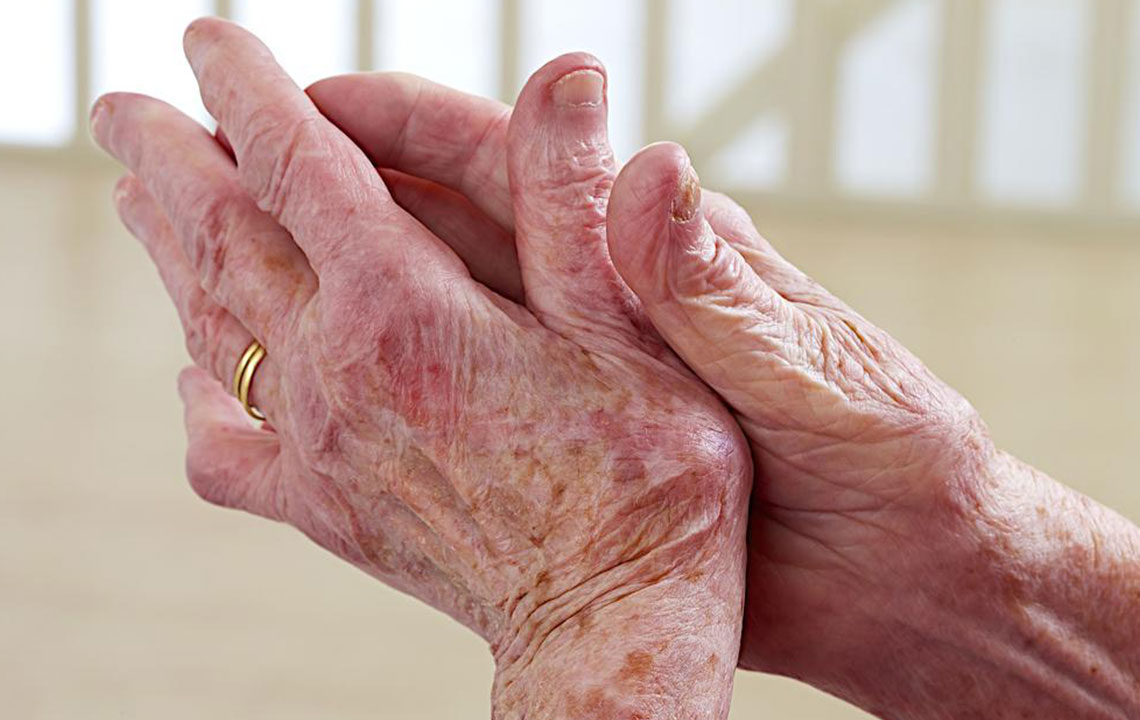Understanding Lupus: Symptoms and Prevention Strategies
This article explores lupus symptoms and effective prevention strategies. It covers common signs like fatigue, rashes, and joint pain, along with treatment options and lifestyle tips to improve quality of life. Understanding these aspects can aid early detection and proper management of this autoimmune disease, especially for women aged 14-45. Maintain healthy habits, protect yourself from sunlight, and stay in close contact with your healthcare provider for best outcomes. Knowledge and proactive care are key to living well with lupus.

Lupus, known medically as Systemic Lupus Erythematosus, is a long-term autoimmune disease impacting various body organs. It occurs when the immune system mistakenly attacks healthy tissues, influenced by genetics or lifestyle choices, though family history isn't always a factor. According to the Lupus Foundation of America, approximately 1.6 million Americans are affected. While both genders can develop lupus, women aged 14 to 45 are most commonly diagnosed.
Common signs of lupus include:
Extreme tiredness that worsens over time
Low-grade fever (99°F–101°F) that may signal inflammation
Joint stiffness, swelling, and pain, especially in the mornings
Butterfly-shaped rash across cheeks and nose, often aggravated by sunlight
Pleuritic chest pains linked to lung inflammation
Dry eyes and mouth, possibly due to blood vessel damage
Digestive issues like heartburn and unexplained weight loss
Hair thinning and brittle hair, including loss of eyebrows and eyelashes
Hormonal changes causing vaginal dryness and irregular periods in women
Managing and Treating Lupus:
Lupus management is an ongoing process, tailored to each patient's age and health status. While some cases require minimal intervention, severe symptoms need long-term treatment involving medications such as:
Topical and systemic steroids for inflammation
Plaquenil to alleviate joint and muscle pain
Cytoxan for kidney and neurological issues
Imuran to control intense symptoms and prevent organ rejection
Rheumatrex for skin, arthritis, and related problems
CellCept to suppress immune response and prevent organ rejection
Rituxan for refractory cases involving lymphoma or arthritis
Enhancing Life Quality with Lupus:
Regular exercise like walking or swimming boosts energy and maintains bone strength
Eating a balanced diet and resting sufficiently are crucial
Avoid alcohol and smoking, as they diminish medication effectiveness and harm health
Protect skin from sunlight by wearing sunscreen and sunglasses, especially during peak hours
Report and monitor low-grade fevers promptly, as they may indicate infections
Maintain communication with healthcare providers and adhere to prescribed treatments
Educate yourself about lupus symptoms for early detection and intervention
Though a complete cure is unavailable, following these tips can significantly improve daily well-being
Note: The information shared on this platform aims to provide helpful insights across various topics. It should not replace professional medical advice. Always consult healthcare professionals for accurate diagnosis and personalized treatment plans. The website cannot be responsible for data discrepancies or information inaccuracies.










